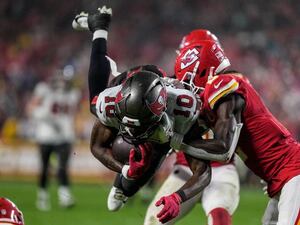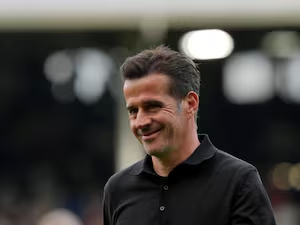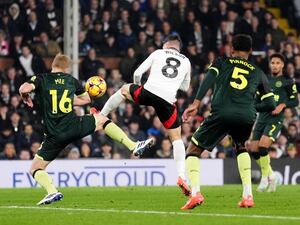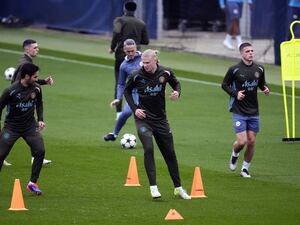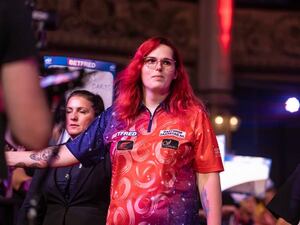Paris 2024 promises to be an Olympic Games like no other
The French capital is preparing to pull out all the stops.

Boats down the Seine, B-boys at the Place de la Concorde and the lure of cold, hard cash promise to make the Paris 2024 Olympics, which get underway in 100 days’ time in the French capital, a Games like none before.
If traditionalists were already blanching at audacious plans to rip up over a century of opening ceremony traditions, let alone welcoming the sport of breaking into the Olympic fray, they will have been white-eyed with fury at the announcement that track and field stars will each pocket a USD50,000 bonus.
After the relative sterility of a delayed and Covid-stricken Tokyo 2020, the French capital, as well as the individual sports on an ever-growing and potentially tenuous programme, is preparing to pull out all the stops.
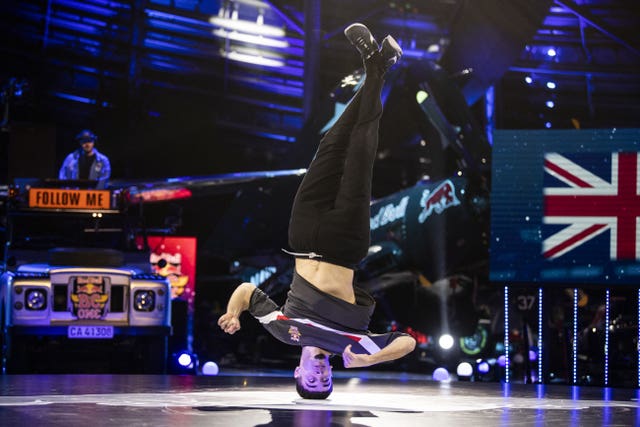
Two weeks later, windmills, freezers and top rocks will become an official part of the Olympic lexicon for the first time as breaking makes its debut, B-boys and B-girls going head-to-head in DJ-driven battles.
If its inclusion is not quite as contentious as the appearance of live pigeon shooting on the programme for the first Paris Olympics in 1900, it has raised some questions about the IOC’s almost obsessional commitment towards attracting the attention of global youth.
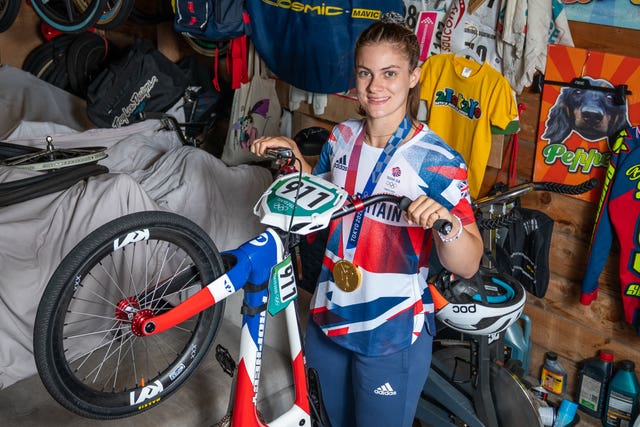
For Team GB, now led by the likes of 15-year-old Sky Brown, keen to build on her history-making skateboarding bronze in Tokyo, there is a sense of similar upheaval, as a generation of new stars emerge and begin to eclipse the established order.
There will be no Laura Kenny to light up the Velodrome, while in contrast to their dominant pre-Tokyo preparations, question-marks hang over the ability of the likes of Adam Peaty and Max Whitlock to retain their respective titles.
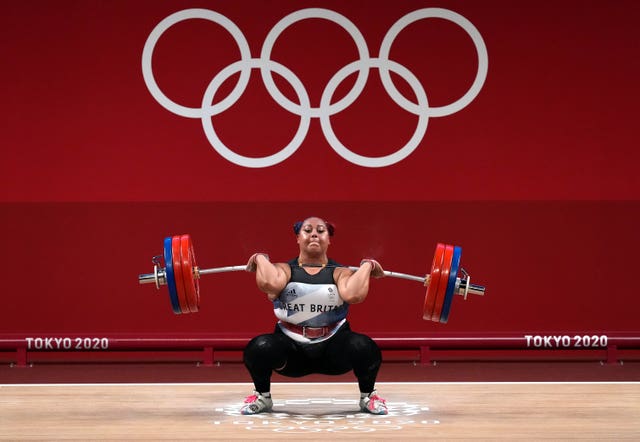
Dean and his closest revival Duncan Scott continued a stunning surge to prominence by the British swimming team – kick-started by Peaty’s heroics in Rio – while Daley and Matty Lee underscored a wave of promise for Team GB in the water.
Hodgkinson’s ongoing battle to avoid another silver lining against rivals Athing Mu and Mary Moraa will generate top billing on the track, where double world champion Josh Kerr resumes his mouthwatering rivalry with Norway’s Jakob Ingebrigtsen.
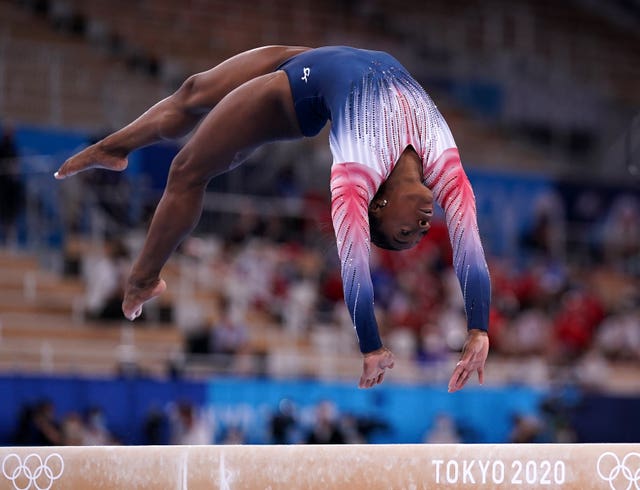
Meanwhile French hopes do not come any bigger – literally – than judo heavyweight Teddy Riner, who boasts three Olympic golds and 11 world titles, and bids to cap his extraordinary career with another victory on home soil.
All of which will be played out in front of the welcome sight of sold-out grandstands, a world away from the bare bleachers in Tokyo, and a symbol, or so the IOC would like to see it, of the Games having weathered one of the most serious storms in its history.
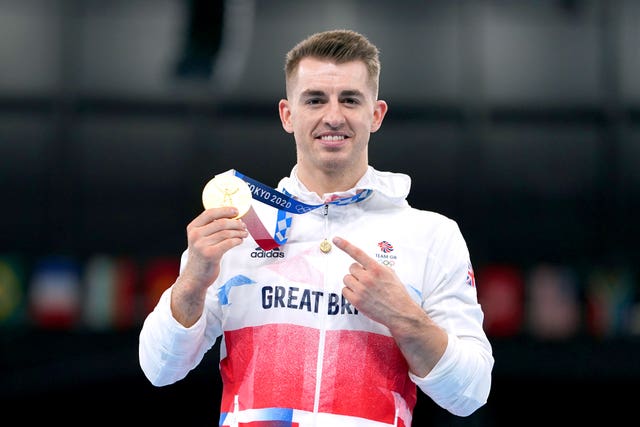
The Olympic movement has evolved unthinkably since that first Paris Games 124 years ago, when resolutely amateur pursuits like angling, ballooning and croquet were also on the programme, the latter reportedly staged in front of a single paying spectator.
Some might say the latest changes are a step too far. But after the turmoil of Tokyo, most of those fortunate enough to be present in Paris will just be grateful that the Olympics are back, and braced to bop to any kind of beat at all.

